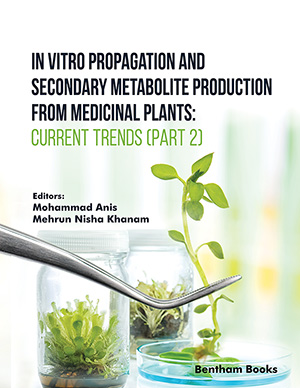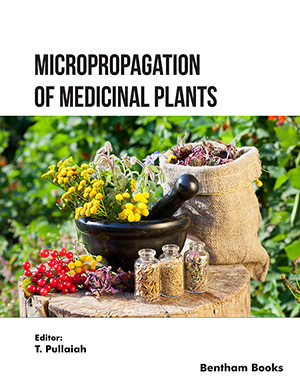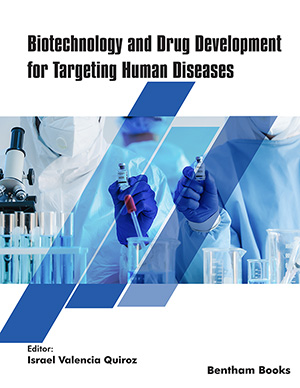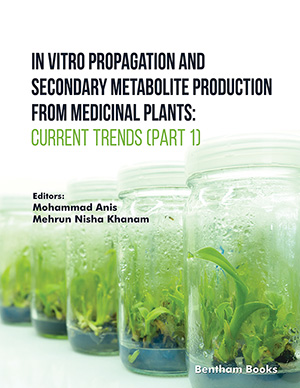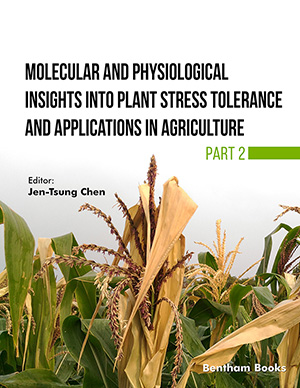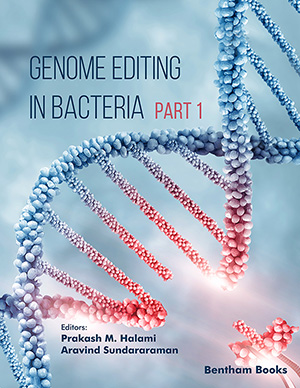Abstract
Bac7(1-35) is an active fragment of the bovine cathelicidin antimicrobial peptide Bac7, which selectively inactivates Gram-negative bacteria both in vitro and in mice infected with Salmonella typhimurium. It has a non-lytic mechanism of action, is rapidly internalized by susceptible bacteria and mammalian cells and likely acts by binding to internal targets. In this study we show that Bac7(1-35) accumulates selectively within primed macrophages with respect to resting monocytes. Confocal microscopy analysis showed that the peptide mainly distributes in the cytoplasm and perinuclear region of macrophages within 3 hours of incubation, without affecting cell viability. Cytotoxicity studies showed that the peptide does not induce necrotic or apoptotic damage up to concentrations 50-100-fold higher than minimal inhibitory concentrations (MIC). Moreover, Bac7(1-35) did not affect the ability of macrophages to engulf S. typhimurium, a species that may proliferate within this cell type. Conversely, when added to macrophages after phagocytosis, Bac7(1-35) caused a significant reduction in the number of recovered bacteria, indicating that it can kill the engulfed microorganisms directly and/or indirectly, via activation of the defense response of the cells.
Keywords: Antimicrobial peptide, proline-rich, S. typhimurium, antibiotic, intracellular infection, phagocytosis.


















